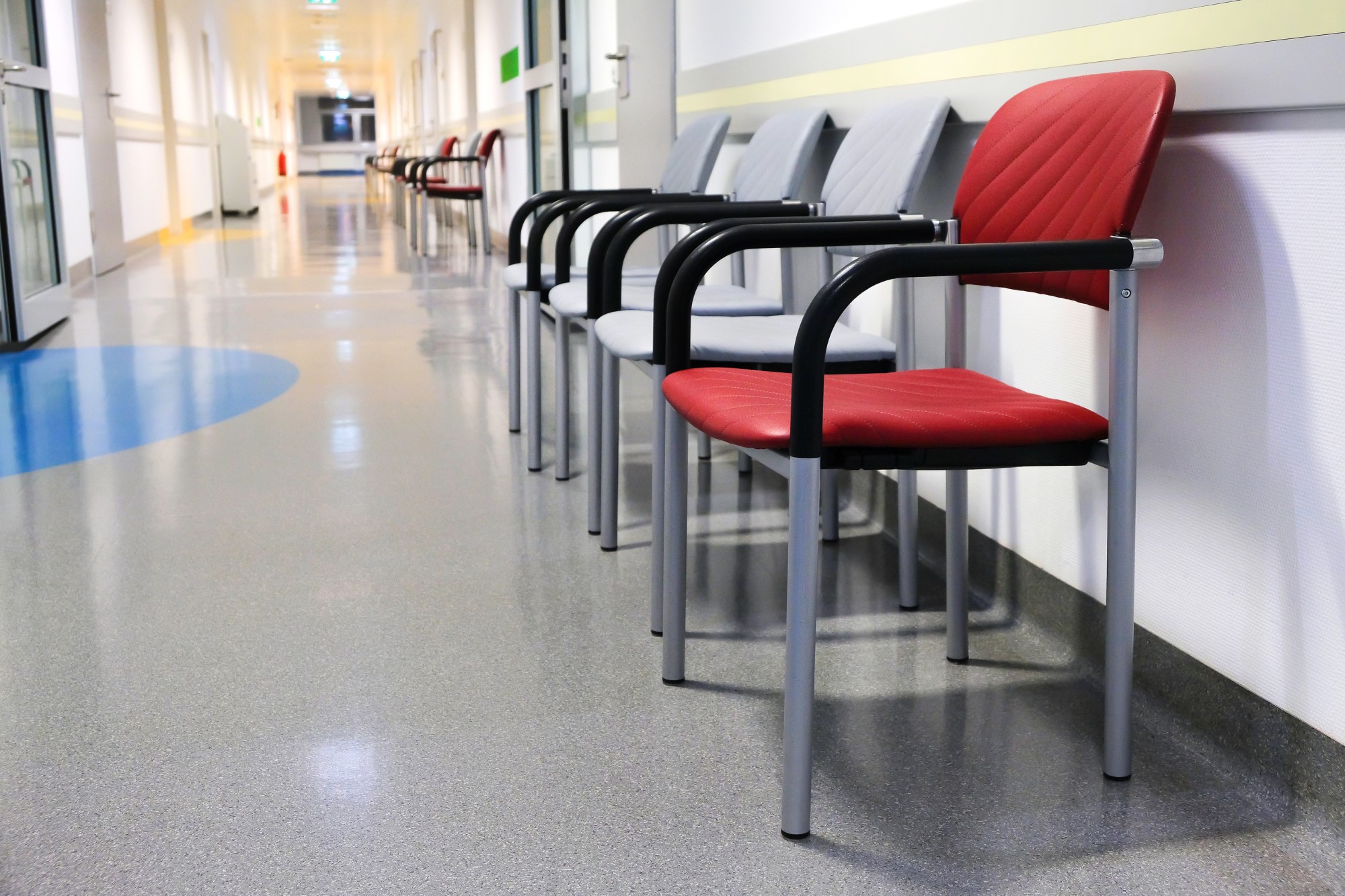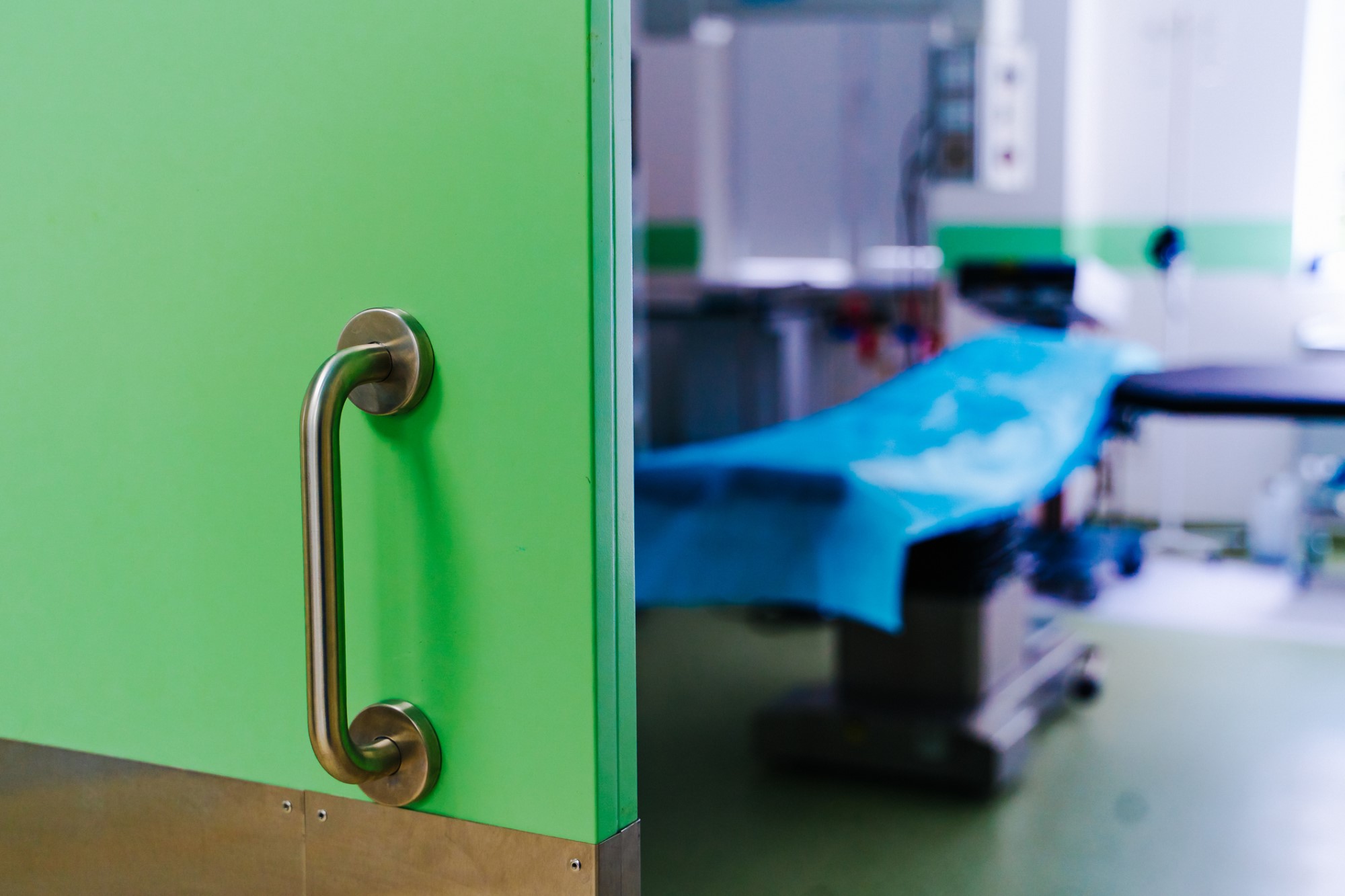The Ethics of an Epidemic
As the outbreak of Ebola enters its seventh month, the ethical dilemmas facing the world continue to increase. While the issue of experimental treatments remains unresolved (see my previous post on the topic), new problems have entered onto the stage. Treatment of Ebola in America, the media’s response, and the treatment of health care workers who have dealt with Ebola are just a few of the new questions being posed to society.
Thomas Eric Duncan was the first diagnosed case of Ebola on American soil; Duncan is also the first and only person to have died from Ebola in the United States. His family claims that his care was lacking, and that less was done to save Duncan than was done to save Americans. However, much is still unknown about Ebola; while the CDC continues to update their guidelines and treatment recommendations, treatment and medicines are still uncertain. Experimental treatments are rare; ZMapp has completely run out, and other drugs have been labeled as too risky. Vaccines are in the works, but will not be available for testing until 2015, and then the question of whether experimental drugs should be given to people when the side effects are unknown and potentially dangerous reemerges.
As the media continues to report on the Ebola epidemic, the American public becomes increasingly scared. Some have called to close our borders to travelers from West Africa. However, this would prove ineffective. Part of the problem with Ebola spreading in West Africa is that people are afraid. Ebola is a sentence to societal rejection if you survive, and a societal rejection of your family if you live or die. People are so terrified of the stigma they have even bribed teams that remove Ebola corpses and burned them to prevent people from handling a contagious corpse. Refusing access to America will only increase fear and the stigma against Ebola in Western Africa. While it is understandable for Americans to be scared, the risk of getting Ebola is extremely low to most Americans. In order to catch Ebola, one must come into contact with bodily fluids of a victim showing symptoms; simply being near the person will not result in catching the disease. The paranoia and constant media presence of the epidemic is somewhat counterproductive, as it increases fear without actually educating the public on the disease in many circumstances. Numerous stories of false alarms and exposure claims from sitting next to someone from West Africa have been reported in the past few weeks. The media focuses more on these false alarms and Americans afflicted with Ebola more than they mention the near 5,000 people who have died from Ebola in West Africa. Is it really right to report in detail on a handful of people rather than on the hardest hit locations? The goal should be education, not drama and entertainment.
Additionally, aid workers are needed in these countries to help with medical care and stemming the outbreak. Closing our borders and refusing to let people from West Africa in or let people going to West Africa out would merely worsen the outbreak. Our paranoia about Ebola will serve to dissuade the aid workers from traveling to places where their services may be needed. A nurse returning from Sierra Leone was recently quarantined and said the the quarantine was a violation of her “basic human rights.” She was forced into quarantine even after testing negative for Ebola. The CDC has issued new guidelines to monitor potential Ebola risks of travelers entering the country, but is that enough? When dealing with an epidemic and public fear, taking precautions is reasonable. But forced quarantine on people who test negative just because they have been in an afflicted country is an overreaction. Health care workers are putting themselves at risk to combat the disease and are treated poorly for it due to fear. This nurse has threatened to sue to protect other workers, and many have rallied after two nurses were diagnosed with Ebola after treating Duncan in Dallas. With health care workers saving the lives of people despite their potential fear and risk of the disease, should they be treated so poorly by others when they have done a lot of good for the world as a whole? It seems counterproductive to treat the people who save lives like they have done something wrong; eventually, no health care worker may volunteer to care for patients with diseases like Ebola due to the treatment they may receive.
With no end in sight to the epidemic, the world will continue to wrestle with these questions. Should we quarantine people returning from West Africa? Should the media continue to constantly report every detail of American patients while only mentioning the numbers afflicted in West Africa in passing? Should we be handing out experimental treatments or waiting? How should health care workers be protected both from the disease and human rights violations while still limiting the potential for the virus to spread outside of the hospital? To discuss these questions and more, come to the DePauw Union Building Ballroom at 11:30 a.m. on October 31, 2014 to have lunch. Panelists to present on this issue will be Dr. Sharon Crary, an expert on the Ebola virus; Dr. Rebecca Upton, whose research in Botswana is in public health; and Dr. Glen Kuecker, a history professor researching the yellow fever epidemic in 19th century Mexico. Come have some food and discuss any questions you have about the Ebola epidemic and its ethics, or leave a comment below.




